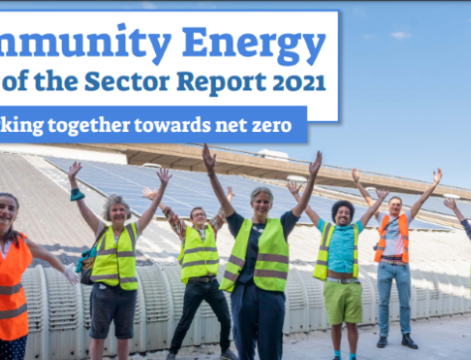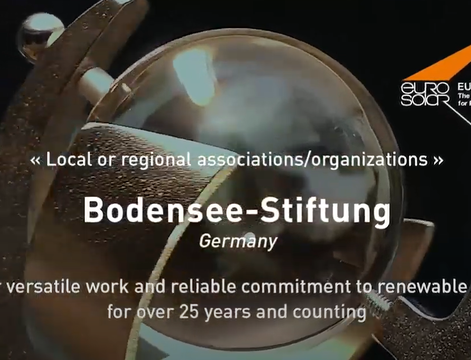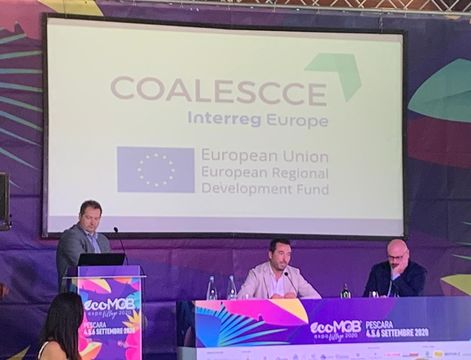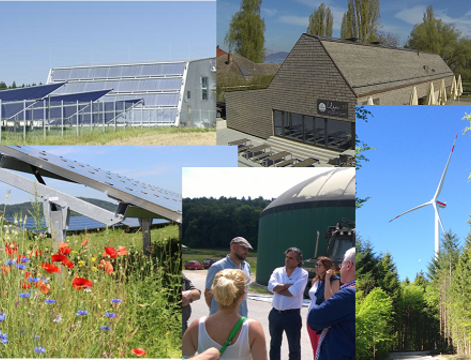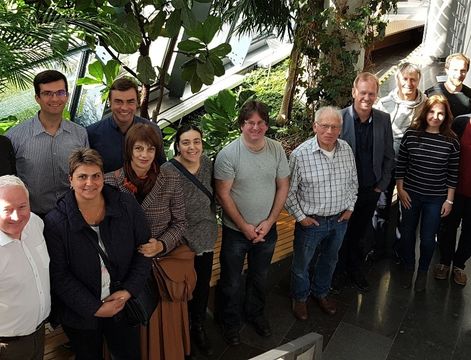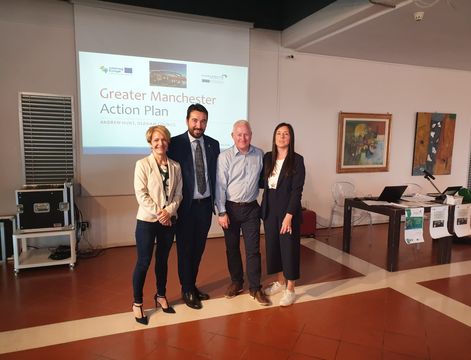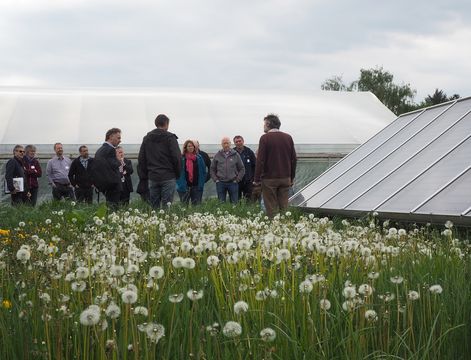Cádiz and Barcelona have set themselves up as distributors, cutting out the middle man, and have begun installing solar panels on public buildings with the aim of becoming self-sufficient. “Energy policy should be in the hands of the people,” González (The city mayor) said. “In Cádiz we set up two permanent citizens’ energy forums and the people have been the driving force behind the improvements we have carried out. The people of Cádiz are the motor of energy transition.”
The city is an anomaly in that it has its own power company, Eléctrica de Cádiz, founded in 1929, in which the council holds a 55% stake. Since 2017 it has supplied all municipal needs and about 80% of households with energy from renewable sources.
About 40% of Andalucía’s power is produced by renewables, from windfarms and vast solar arrays such as those at San Roque, whose 67,000 panels rotate to follow the sun, and the innovative PS10 plant near Seville. Under González, €500,000 (£445,000) of the profits generated by Eléctrica de Cádiz is used to prevent “energy poverty” among the city’s most disadvantaged, whereas other companies simply cut off the supply to those who cannot afford to pay.
Barcelona has also taken energy matters into its hands. When the power company that supplied the city failed to bid to renew its €33m contract last year, the council decided to set up Barcelona Energia (BE), to buy certified renewable energy direct from source.
“Our aims as a public company are to promote renewables and an ecological transition,” said Eloi Badia, responsible for the city’s energy policy. “We’re not looking to make a profit, and as a public service we can’t subsidise electricity because that would be unfair competition, but we can offer people a range of tariffs and, in the case of the most vulnerable, we can help directly and bypass welfare benefits and the like.”
“We don’t aim to be a producer but to represent all the small producers, to help with individual consumption,” Badia said. “We subsidise installation by up to 50% and offer discounts on VAT so that people can recoup the cost within three or four years. Since the law changed there’s been a tenfold increase in the number of projects. We don’t see other suppliers of renewable energy as competitors; on the contrary, we welcome them.”
However, as most people in the city live in apartment blocks, the issue is more complicated than installing solar panels on the roof of a house. Most blocks house a mix of owner-occupiers and tenants and Badia said there was as yet no legal framework for people living in apartments to share energy generated from communal solar panels.
Read the full article here:


